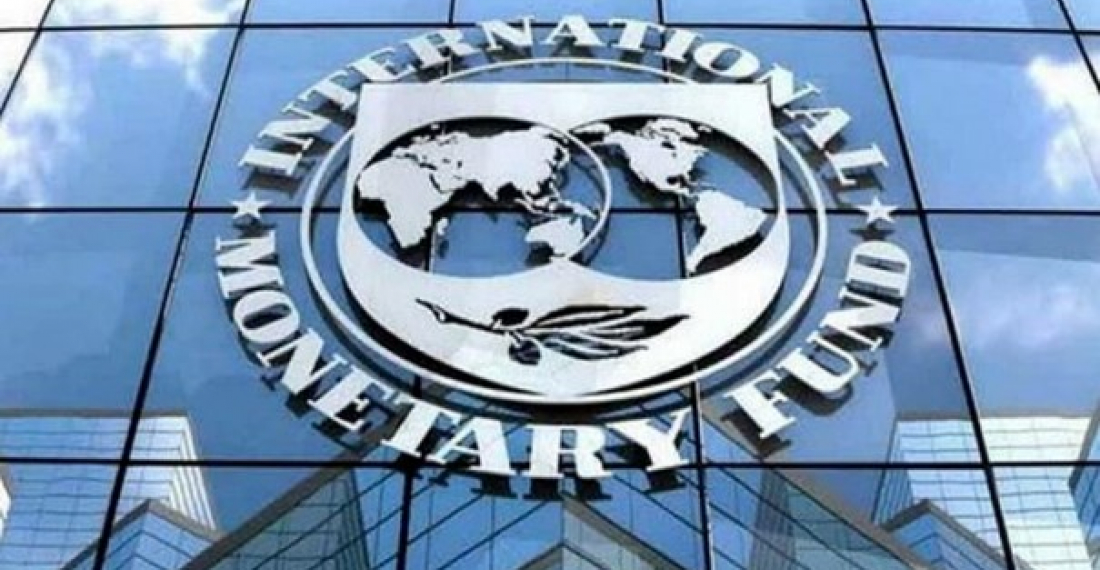Egypt has asked for support from the International Monetary Fund (IMF) on Wednesday, 23 March, as the country struggles to cope with the economic consequences of Russia’s invasion of Ukraine.
Cairo has called for a comprehensive economic programme to address the growing pressure on public finances since Moscow’s assault in Kyiv has sent grain prices soaring and increased oil prices.
Egypt, being the world's largest wheat importer, is highly dependent on supplies from Russia and Ukraine.
The new programme could entail additional IMF funding, a very needed boost since the Egyptian pound depreciated by 14% on Monday 21 March after it had remained little changed since November 2020.
If the Russian invasion of Ukraine prompted foreign investors to flee emerging markets, Goldman Sachs said the devaluation “smooths the path for an IMF programme, which we believe will help anchor confidence in Egypt’s fiscal and reform trajectory”.
The Egyptian government of Abdel Fattah Al-Sisi announced last Monday the implementation of an economic relief package of 130 billion Egyptian pounds - 7.05 billion dollars - a decision praised by the IMF for its "targeted social protection".
The most populous Arab nation has also benefited from numerous IMF loans and programs in recent years. Egypt secured a $12 billion loan over three years from the IMF. Four years later, the same monetary institution granted Egypt an 8 billion loan to deal with the pandemic, making it one of the biggest borrowers after Argentina.
The current intervention comes amid increasing concerns on the impact of the war in Ukraine on Arab and African states that are heavily dependent on food and energy imports.
Sources: CommonSpace.eu with Reuters (London) and the Financial Times (London)
Picture: IMF headquarters; Twitter: @AlainAmharic







